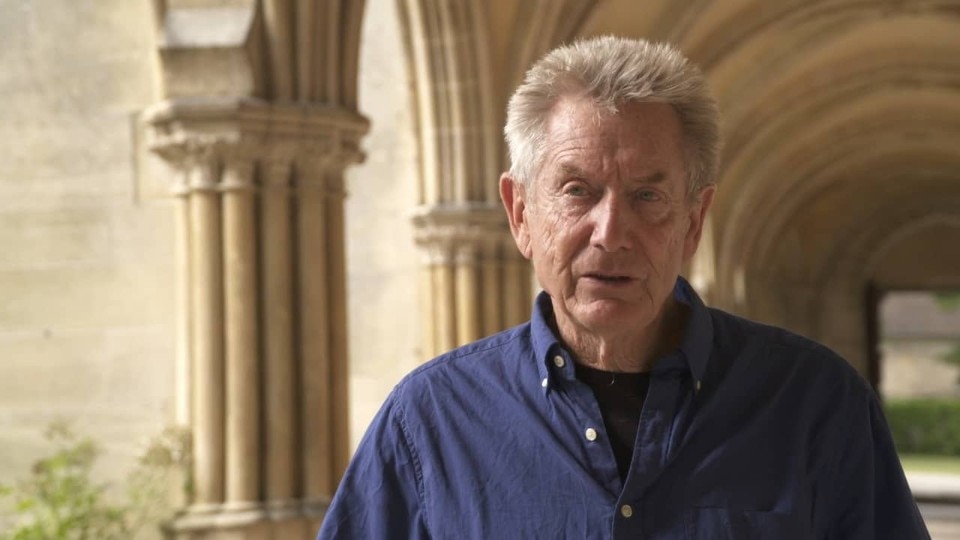Gilles Clément is spending the lockdown in his house in la Vallée de la Creuse, the area of Limousin where he usually spends long periods every year – this is where he created the Third Landscape, by observing Lake Vassivière and its surroundings – and where for many years he has been conducting his experiments with plants in his large semi-wild garden, living in the house he built all by himself. The French gardener and landscapist is now working on the design of a new park for the Bibliothèque Nationale in Paris consisting solely of plants that make paper, which will open in 2022. In a short video, he said that coronavirus is offering us a great opportunity. We've asked him about it.
“I think the shock we’re experiencing right now might be a way for all citizens to learn to live again. By this, I mean rediscovering domestic economy, taking care of the house and the garden, rediscovering the value of time. Now, we are no longer forced to run, to be as fast as before: we must find a way of living that we have forgotten because of an economic neurosis that has forced us to be always competitive and performing, especially in France, where I think we have taken a completely wrong approach. Of course, there are those who suffer because of the lockdown and an economy that’s bringing them to their knees, but there are also many people who are now discovering a new (or old) way of organising their lives”.
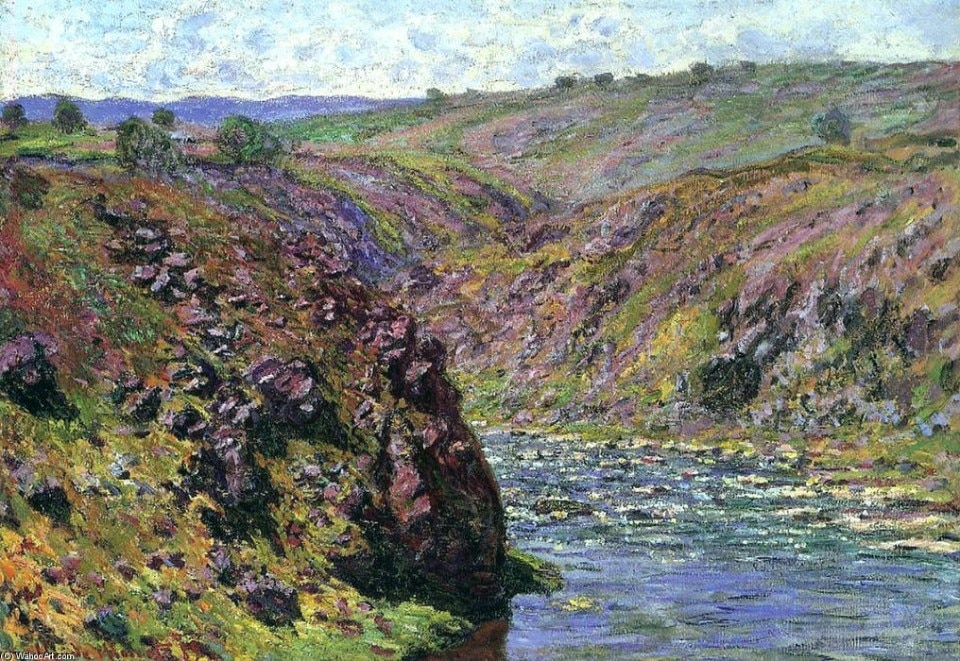
Don’t you think this is just temporary?
There is so much pressure from the government right now when it comes to the pollution caused by an economic model that wants to go back to the way things were before the coronavirus crisis, because they fear that an alternative economic model, perhaps one that does not promote economic growth at all costs, will prevail.
Yet, in your writings, you never embrace the prevailing lines of thought: “The Environment Alternative” looks with interest at degrowth, without however fully adhering to it [1], could you explain why your way of thinking should not be confused with that of the “happy degrowth” supporters?
I believe that we must make a distinction between material degrowth, which in many aspects is desirable, and knowledge growth, which is instead completely necessary: we still have to work really hard in order to understand how to live, eat, move and communicate in a new and less crazy way. Therefore, we certainly need more knowledge, while degrowth is necessary from a material point of view, but not in all sectors. I’m thinking in particular of a degrowth in some cultural models that are as stupid as the greed that today directs many people towards an absurd consumerism that leads to buying SUVs, which are unsuitable for European cities, but that have relaunched the American economy for quite some time, and now we are copying it... it’s really hard to be more stupid than that [actually he uses a stronger term]. Above all, wealth must change its model of lust, find a new way of living and desire non-pollution, practice exercise in pleasant places and certainly not run around in an SUV.
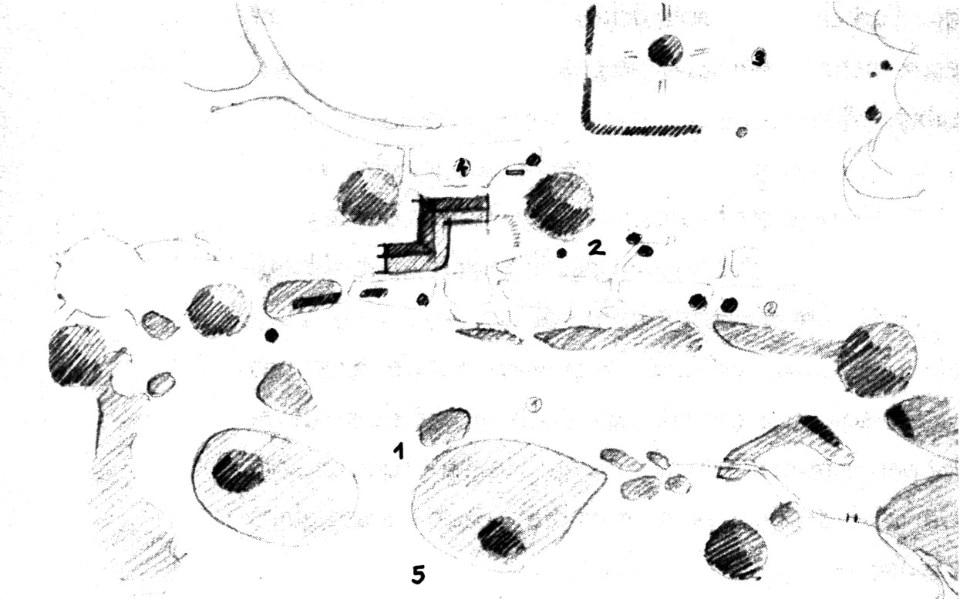
About the theme of old models: in the Environment Alternative, perhaps your most political text, although you hint at it also in the Garden in Motion, you talk of the need to abandon the “Cartesian project”. What do you exactly mean by that?
In the Cartesian vision, there is a dualistic thinking that opposes, for example, good and evil. In my opinion, we must fight the technocratic vision of the world. The economic project is technocratic and Cartesian, it has nothing to do with biology, which can never be planned in advance. As we always say with my economist friend Michele Bee, there is always need for a “space of indecision”, where every individual can say what is the right solution to a problem, a reflection of biological opportunism to be seized at the last moment. You cannot plan everything when it comes to nature.
In this, us Italians, so allergic by nature to programming and organizing, are advantaged: being the masters of improvisation on everything, years ago Barcelona editor Mónica Gili made me notice that only Italians are able to give a speech without having written it beforehand...
The lack of programming and organizing is a biological advantage! And it is not dangerous at all, it takes empiricism, which is a very concrete doctrine contrary to ideologies. We have the right to dream! Dreaming is not an ideology, it is a poetic dimension that can make us change our mind even at the last moment and allows us to create, to draw or design a painting, a garden, an architecture. And it is very important because it nourishes the cultural dimension of the humans. Above all, on the biological level we are obliged to have an empirical approach.
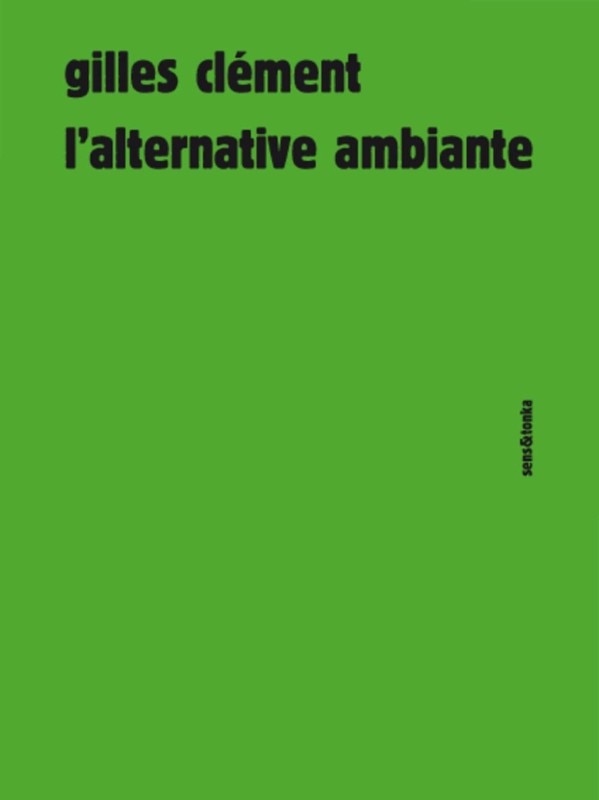
According to you, in the garden of the Vallée, what kind of concrete effects is climate change having on the surrounding landscape? What kind of effects do you see in the present, more than in the future?
In particular, climate change has been affecting the winds for several years now. They no longer blow like they did before. Nowadays they mostly blow from the north and east, whereas they used to blow mainly from the west: as a consequence, we have drier periods, that last longer than normal, that the trees cannot withstand. Here in Limousin, beech trees and other species are disappearing: they die and fall, accumulating on the ground… and it is a bit disturbing to see them. These species will have to move north, while other species, like oaks and many Mediterranean plants, are better dealing with the change. Here in my garden, I would like to plant a vallonea oak, which is common in the south of Italy, especially in Puglia and Basilicata. I believe that in the future they will multiply in these parts.
So, what do you think we could do right now?
Two things mainly. First: stop all sources of pollution that are the cause of future global warming, because today’s emissions will cause damage in the future: now we are dealing with the problems caused by emissions thirty or forty years ago. Second: the current change cannot be stopped suddenly, so we must adapt without increasing pollution, as President Macron, who has already decided to relaunch Air France and Renault, seems to want to do... it would be a crime not to try to change all this.
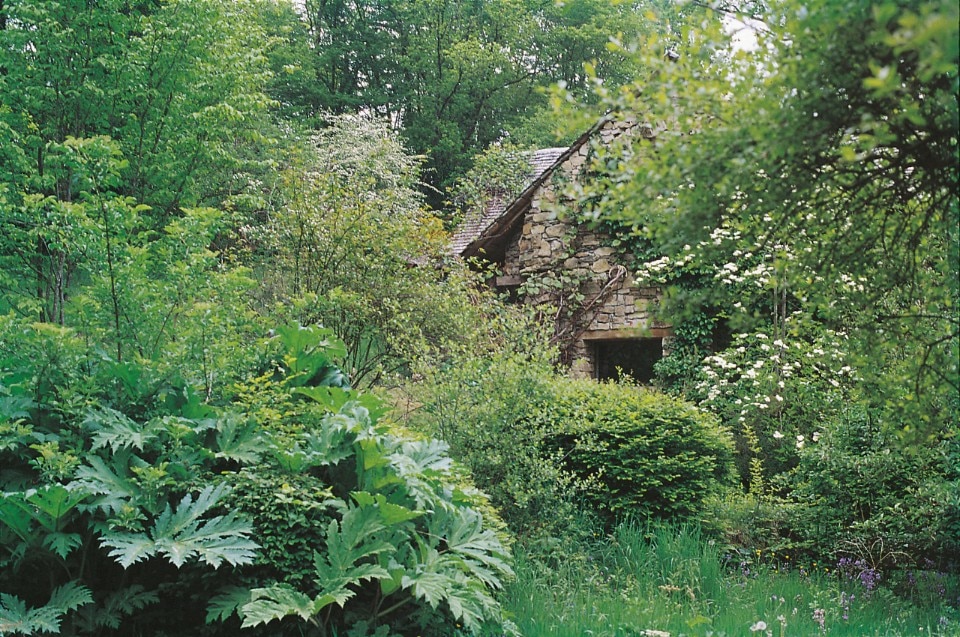
Perhaps you will have to change your very own lifestyle, since you have always given conferences and lectures four times a week, in addition to numerous study trips, don’t you think?
Everything has stopped for now. Actually, I should soon give lessons in Venice and go back to the Manifatture Knos in Lecce, but I honestly don’t want to take any more planes in the future. I continue to write and make videoconferences of course. I have recently written an article for Le Monde, but the editorial board refused to publish it without giving me any explanation about it; I think it is because I wrote that the expression “we are at war” used by many governments, including the French one, is in fact a “strategy of fear” [2] (that’s the title of the article) aimed at increasing social control because the virus does not make wars, it is a totally natural phenomenon.
To make a long story short, are you also convinced that the state of emergency or, as Giorgio Agamben prefers to call it, the “state of exception” are dangerous preconditions for a crisis of liberal democracies?
Well, it’s impressive how almost all personal freedoms have suddenly disappeared, with the consent of almost everyone. Not for me, because fortunately I already was in the countryside before the lockdown, but especially for those who are forced to stay in the city. It’s certainly very disturbing to read about plans to increase surveillance through mobile phone apps or other electronic devices, cameras monitoring the inhabitants on all the streets, policemen acting like hunter of dangerous lawbreakers. This is undoubtedly a horrible atmosphere.
- [1]:
- Gilles Clément, The Environment Alternative, Sens&Tonka, Paris 2014, p. 22
- [2]:
- Stratégie de la peur, Gilles Clément, 13 april 2020, gillesclement.com


